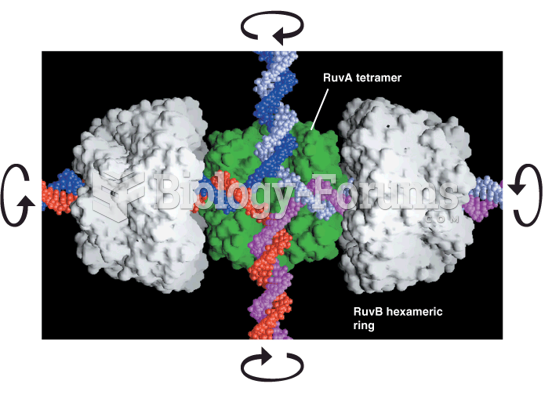Answer to Question 1
Answer: Individuals join unions for many different reasons, which tend to change over time, and may involve job, personal, social, or political considerations. Compensation, dissatisfaction with management, leadership opportunities, and forced unionization are some of the many reasons. The labor movement has developed a multilevel organizational structure. The basic element in the structure of the American labor movement is the local union (or, the local). To the individual union member, it is the most important level in the structure of organized labor. The most powerful level in the union structure is the national union. As stated previously, most locals are affiliated with national unions. A national union is composed of local unions, which it charters.
Answer to Question 2
Answer: Compensation and Employee Benefits: Employees want their compensation to be fair and equitable. Wages are important because they provide both the necessities and standard of life. If employees are dissatisfied with their wages, they may look to a union for assistance in improving their standard of living. An important psychological aspect of compensation involves the amount of pay an individual receives in relation to that of other workers performing similar work (employee equity). If an employee perceives that management has shown favoritism by paying someone else more to perform the same or a lower-level job, the employee will likely become dissatisfied. Union members know precisely the basis of their pay and how it compares with that of others. Employees who are covered under a collective bargaining agreement enjoy higher wages and are more likely to participate in a variety of employee benefit programs.
Job Security: Historically, young employees have been less concerned with job security than older workers. Young employees seem to think, If I lose this job, I can always get another. But if they witness management consistently terminating older workers to make room for younger, lower-paid employees, they may begin to think differently about job security. If the firm does not provide its employees with a sense of job security, workers may turn to a union.
Attitude of Management: People like to feel that they are important. They do not like to be considered a commodity that can be bought and sold. Employees do not like to be subjected to arbitrary actions by management. In some firms, management is insensitive to the needs of its employees. In such situations, employees may perceive that they have little or no influence in job-related matters. Workers who feel that they are not really part of the organization are prime targets for unionization.






